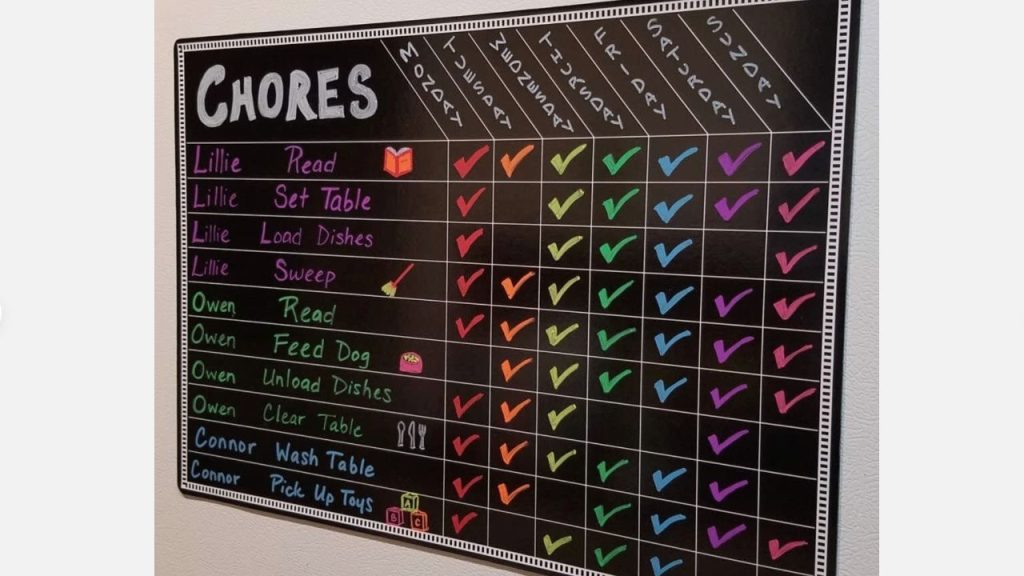Parenting styles have shifted a lot over the years, and with those changes, some approaches that once worked well have become less common. You might notice that certain values or habits your parents had don’t seem to fit with today’s methods.
Understanding what parenting wins Boomers achieved can help you see what might be missing in modern approaches and why those wins mattered. This article looks at six of those parenting successes that have quietly faded over time but still offer valuable lessons.
Encouraging emotional expression early on
You might not realize it, but many Boomers helped create space for kids to share their feelings openly. They were among the first to break the silence around emotions, encouraging children to express themselves rather than hide how they felt.
This early emotional openness helped kids develop important communication skills. When you encourage your child to talk about their feelings, you’re setting a foundation for healthy relationships and self-awareness.
While some Boomer parents emphasized problem-solving, they still valued emotional honesty in ways earlier generations did not. You can draw from this by balancing emotion with practical guidance.
Teaching kids resilience through tough love
You can help your kids develop resilience by setting clear boundaries with tough love. This means showing love while also being firm about expectations.
When you do this, your children learn that rules are part of caring, not just control. It builds trust and respect between you.
Tough love encourages your kids to face challenges confidently rather than avoid them. It helps them become independent and emotionally strong.
Balancing warmth with firmness lets your children know they are supported, even when you hold them accountable. This balance is a key part of resilience.
Promoting independence by letting kids solve problems
You help your child build confidence when you step back and let them tackle challenges on their own. Solving problems without immediately stepping in teaches them valuable skills like decision-making and resilience.
Offering guidance is important, but letting your child lead helps them learn how to face difficulties independently. This approach prepares them for adulthood by encouraging responsibility and creative thinking.
When you trust your child to solve problems, you’re showing that you believe in their abilities. This simple shift gives them space to grow and develop into capable, self-reliant individuals.
Balancing discipline with clear expectations
You can learn a lot from how Boomers approached discipline. They set clear rules and made sure their kids understood the boundaries. This gave children a sense of security because they knew what was expected.
Having consistent consequences helped kids develop self-discipline. When you give clear guidelines, your child can better understand the results of their actions. This balance of structure and love helped build strong character without being overly harsh.
Fostering accountability for actions
You can learn from Boomer parents’ approach to accountability, which focused on owning mistakes rather than blaming others. They encouraged kids to recognize the impact of their actions in a clear, straightforward way.
This method helps you teach responsibility while maintaining respect. Instead of punishment, you guide children to understand consequences and think about how to make better choices next time.
By fostering accountability, you empower your child to develop self-awareness and problem-solving skills. This sets a foundation for stronger character and confidence in handling challenges.
Allowing kids to experience natural consequences
When you let your kids face the natural results of their actions, they learn responsibility firsthand. Instead of stepping in to fix every mistake, you give them space to understand cause and effect.
This approach helps your child develop independence and better decision-making skills. For example, if they forget their homework, they experience the consequence of being unprepared.
It’s not about being harsh but about guiding them to learn from real-life situations. This kind of parenting fosters emotional growth and prepares your child for challenges beyond the home.

